 Today is Earth Day, the day we reflect on our impact on the world. This Earth Day is extra special because it’s the 40th anniversary of the first Earth Day in 1970. As world travelers, we often have a close up perspective of the damage we as humans are doing to the planet. Many forms of travel and tourism are only adding to the problem. Here are 10 tips for traveling greener that I hope we can all adopt, at least some of the time.
Today is Earth Day, the day we reflect on our impact on the world. This Earth Day is extra special because it’s the 40th anniversary of the first Earth Day in 1970. As world travelers, we often have a close up perspective of the damage we as humans are doing to the planet. Many forms of travel and tourism are only adding to the problem. Here are 10 tips for traveling greener that I hope we can all adopt, at least some of the time.
1. Start with your home
Most people don’t think about the resources being used in their home while they’re not there. To reduce energy consumption in your home while you’re away be sure to unplug all unused appliances, turn off the AC/heat, and turn your water heater to the “vacation” or lowest setting.
2. Leave no trace
As travelers, we should practice Leave No Trace everywhere we go. No matter if you’re camping, staying in a hostel, or living in an apartment for 2 months – if it came with you, it should leave with you. Even better: try to leave every place even more clean and devoid of trash than you found it.
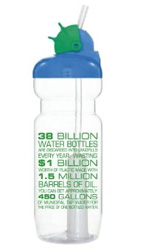
3. Use a reusable water bottle
Plastic water bottles account for 1.5 million tons of plastic waste a year. That’s 3 billion (3,000,000,000) pounds, or 1,360,777,110 kg, of plastic. Over 80% of that is simply thrown away, even though the plastic used for water bottles is highly recyclable. It is incredibly important that we avoid using plastic water bottles, and instead use reusable water bottles, or water bottles with filters .
.
4. Green your transport
The amount of fuel we use and the emissions our transport produces can almost always be reduced by thinking ahead and altering our habits when traveling. Walk or ride a bike whenever possible. Take public transportation instead of a cab. Take the train instead of the plane. When you do fly, keep your electricity use to a minimum and pack lighter bags to help conserve fuel. Keep your window shade closed to help regulate the cabin temperature. Book all your tickets electronically to avoid excess paper usage.
5. Conserve resources in your hotel or hostel
We often forget that our actions in our room away from home have a big impact on local resources. To green your hotel stay, try the following: hang and reuse your towel, don’t have your linens changed, avoid using the travel sized shampoos and soaps (bring your own instead), and turn off the AC/heat and unplug appliances and lamps when you’re not in your room.
6. Use less water
Water is a resource we are constantly taking for granted because it seems unlimited if we’re not thinking about it, when in fact we are using up the world’s fresh water at an alarming rate. To conserve water, try the following tips. Take shorter showers by soaping up with the water off. Don’t leave the water running when brushing your teeth. Wash your own clothes by filling the sink with soapy water and scrubbing your clothes in it, then rinse them in a sink of clean water.
7. Avoid anything disposable
There is a reusable replacement for almost anything disposable. Instead of regular batteries, use rechargeable batteries . Buy a digital camera instead of using a disposable camera or a film camera. Again, use a reusable water bottle instead of buying bottled water.
. Buy a digital camera instead of using a disposable camera or a film camera. Again, use a reusable water bottle instead of buying bottled water.
8. Reduce paper usage
Paper is another thing we take for granted. Reduce your paper usage by avoiding napkins or only using half a napkin instead of the whole thing. When you wash your hands let them air dry instead of using paper towels. Take only brochures you actually plan on using, and if possible give them back when you’re done.
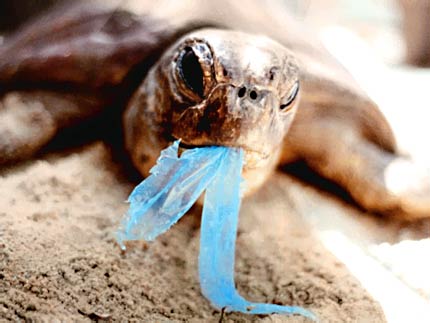 9. Don’t use plastic bags
9. Don’t use plastic bags
Plastic bags are a huge contributor to pollution around the globe. Massive amounts of wildlife die daily due to ingestion of plastic bags. Animals also get entangled in them resulting in loss of limbs and death. Plastic bags are made with petroleum, one of world’s finite natural resources we are depleting the fastest. To combat this, carry a reusable sack with you to the market and don’t let anyone give you a plastic bag.
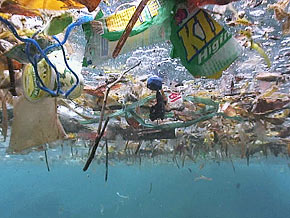 10. Be careful with our oceans
10. Be careful with our oceans
Pollution of our oceans and damage to our reefs is a problem that is spiraling out of control. One easy thing you can do to help reduce ocean pollution is to apply your sunscreen at least 20 minutes before you get in the water. If you don’t wait 20 minutes, most of the sunscreen will rinse off into the ocean. Even better is to buy a reef-friendly sunscreen that is biodegradable . Also be careful to never step or stand on coral. Coral is composed of tiny living organisms that can be killed when you step on them.
. Also be careful to never step or stand on coral. Coral is composed of tiny living organisms that can be killed when you step on them.
I hope you will keep these tips in mind, not just on Earth Day, but on every day. The more care we take with our environment, the bigger the positive impact we can have.
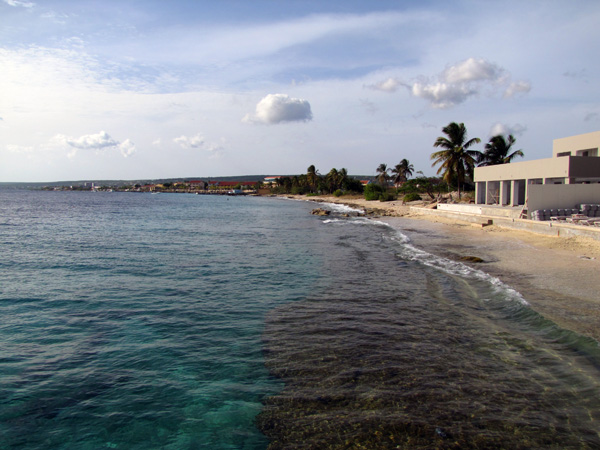
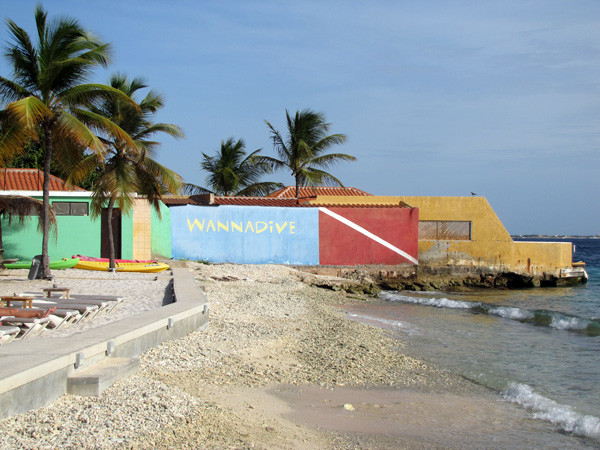
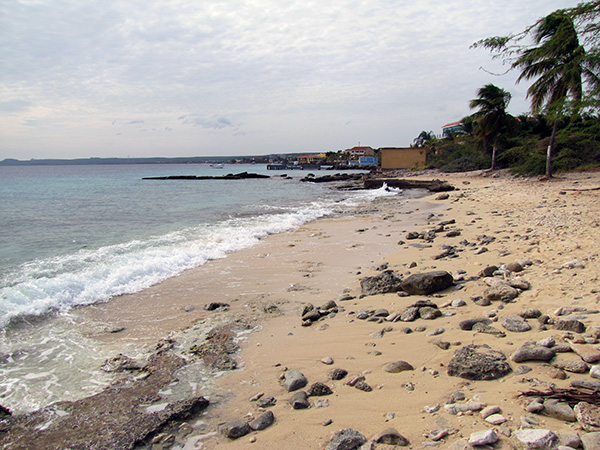
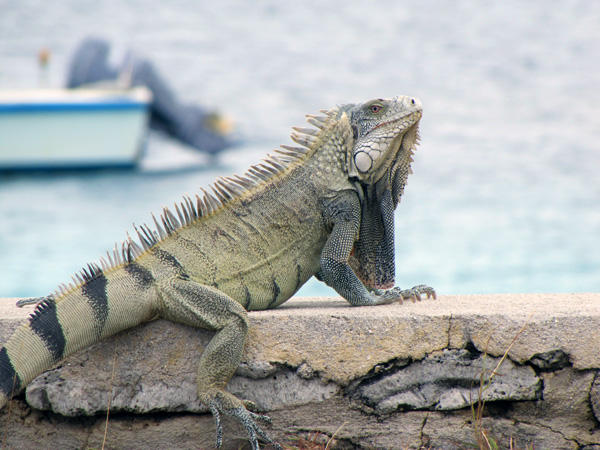
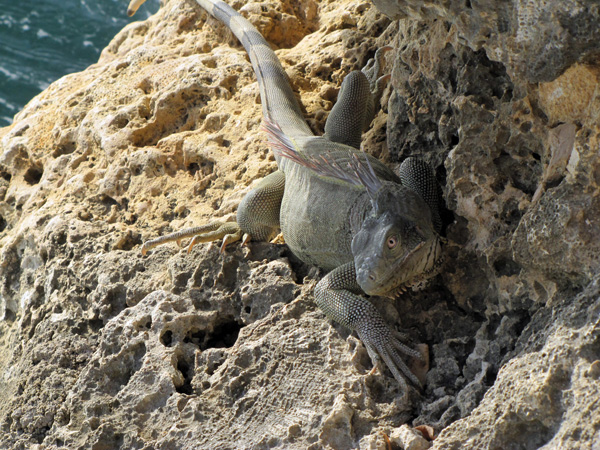
 Today is Earth Day, the day we reflect on our impact on the world. This Earth Day is extra special because it’s the 40th anniversary of the first Earth Day in 1970. As world travelers, we often have a close up perspective of the damage we as humans are doing to the planet. Many forms of travel and tourism are only adding to the problem. Here are 10 tips for traveling greener that I hope we can all adopt, at least some of the time.
Today is Earth Day, the day we reflect on our impact on the world. This Earth Day is extra special because it’s the 40th anniversary of the first Earth Day in 1970. As world travelers, we often have a close up perspective of the damage we as humans are doing to the planet. Many forms of travel and tourism are only adding to the problem. Here are 10 tips for traveling greener that I hope we can all adopt, at least some of the time.
 9. Don’t use plastic bags
9. Don’t use plastic bags 10. Be careful with our oceans
10. Be careful with our oceans